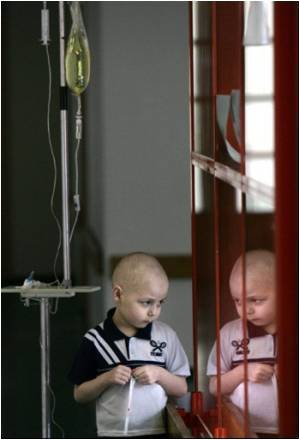Household items such as toys, appliances, sofa and coffee table can significantly impact the way a baby first crawls, walks or achieves other growth milestones.

Cacola said, "The tool could help parents better assess items for motor skill development or help infants do something like learning to walk. When parents buy toys, they are rarely thinking ’I wonder if this is going to be great for my child’s motor skills’, but if they look at each AHEMD-IS question and each separation of the question, they can choose to buy toys that are different or that offer different opportunities for their infants. Parents, doctors or other infant caregivers might ask ’What does a toy or a coffee table do?’ Well, depending on the space between the couch and the coffee table, it could be the first distance that the child wants to cross."
Cacola added, "If a toy is cranked and pops up, the child might want to go grab it, which could lead the child to walking. But the challenge is the thing that stimulates that child to begin walking. The AHEMD-IS would be especially important when you consider infants that are premature, low birth-weight or have a condition that could impair motor skill development. Developing a child’s motor skills is extremely important because motor development is actually the mediator of cognitive, social and emotional development. Good motor skills predict a whole lot later in life, so it might be something that all of us should be concerned about early in a child’s life."
The study was published in Physical Therapy.
Source-Medindia









